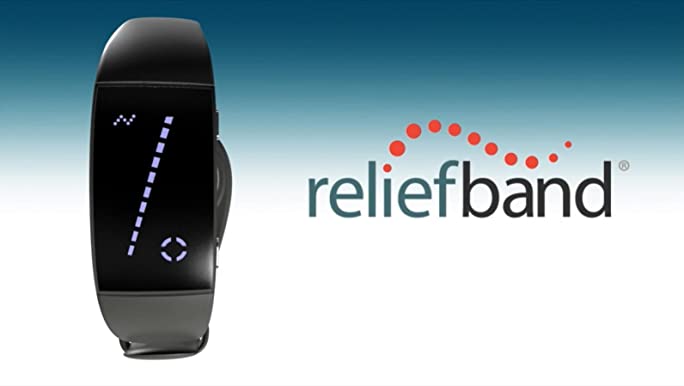Healthtech company Tivic said has abandoned plans to acquire wearables firm Reliefband.
The decision was driven by “volatile” capital market conditions, Tivic CEO Jennifer Ernst said in a news release. The companies had initially agreed to the acquisition in October.
“The relationship between Tivic Health and Reliefband management remains on good terms despite both teams’ disappointment in the outcome,” said Ernst. “We remain committed to our growth strategy and will continue to evaluate M&A, licensing, and partnership opportunities.”
Tivic, based in San Francisco, makes “non-invasive bioelectronic treatments” to help people suffering from inflammation and related conditions. Realiefband, headquartered near Philadelphia, manufactures wearable technology for nausea and vomiting.
Last month, the Walgreens-owned health provider VillageMD announced its purchase of Summit Health, which operates the CityMD chain of urgent care centers, for a staggering $8.9 billion. The combined City-Village-MD network, as the juxtaposition of names suggests, will have a wide geographic reach — covering 680 provider locations in 26 markets.
The VillageMD and Summit Health deal is more than double the size of Amazon’s $3.9 billion acquisition of One Medical and demonstrates how the industry is reacting to the tech giant’s plans for the sector.
Smaller players have been consolidating as well, with Sanford Health and Fairview Health Services combining to form a 58-hospital system serving patients throughout the Midwest.
And in mid-November, the HealthTech firm Wheel announced it would purchase the back-end virtual care technology of GoodRX Care to strengthen Wheel’s virtual-first care platform and accelerate its growth into new markets.
“What this means for patients and consumers remains to be seen, but it would be smart for these growing provider networks to take advantage of their scale and remove friction points from the consumer experience by shifting to all-in-one digital solutions,” we wrote last week.




